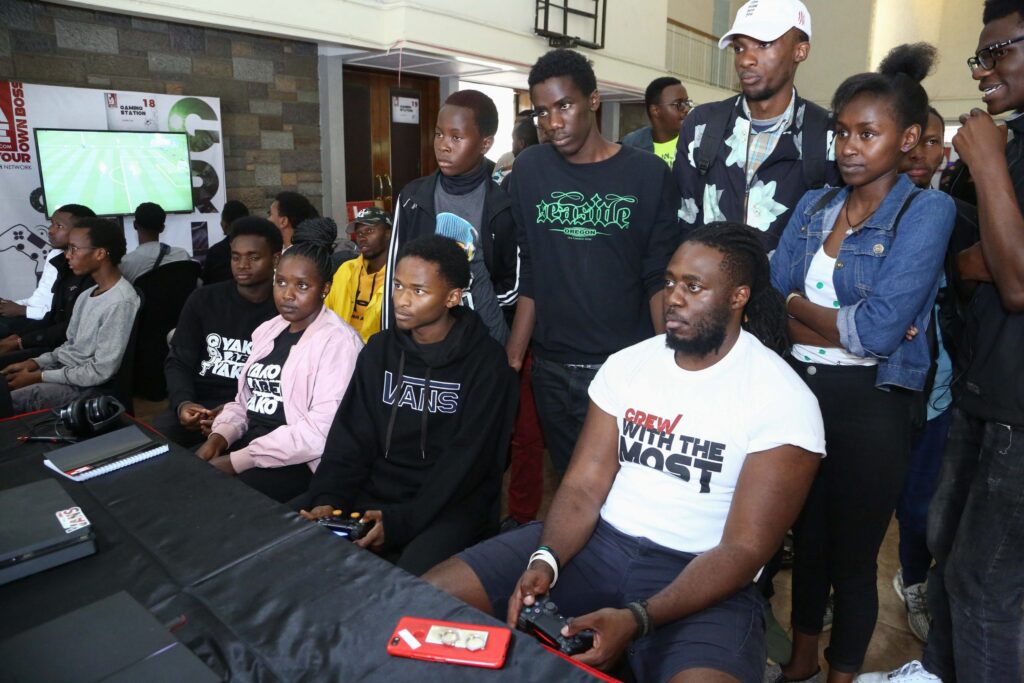Gaming time has no link with levels of wellbeing

A study of 39,000 video gamers has found “little to no evidence” time spent playing effects their wellbeing.
The average player would have to play for 10 hours more than usual per day to notice any difference, it found. And the reasons for playing were far more likely to have an impact.
Wellbeing was measured by asking about life satisfaction and levels of emotions such as happiness, sadness, anger and frustration.
The results contradict a 2020 study.
Conducted by the same department at the Oxford Internet Institute – but with a much smaller group of players – the 2020 study suggested that those who played for longer were happier.
“Common sense says if you have more free time to play video games, you’re probably a happier person,” said Prof Andrew Przybylski, who worked on both studies.
“But contrary to what we might think about games being good or bad for us, we found [in this latest study] pretty conclusive evidence that how much you play doesn’t really have any bearing whatsoever on changes in well-being.
“If players were playing because they wanted to, rather than because they felt compelled to, they had to, they tended to feel better.”
This time, technology companies, including Sony, Microsoft and Nintendo, provided six weeks’ data – with the players’ consent – from:
- Animal Crossing: New Horizons
- Apex Legends
- Eve Online
- Forza Horizon 4
- Gran Turismo Sport
- The Crew 2
During that time, only one player dropped out of the study – published in the Royal Society Open Science journal.
In China, children are allowed to play for only one hour per day, on Fridays, Saturdays and Sundays.
But many gamers around the world say that their playing helps their mental health.
Mike Dailly, who created Lemmings and Grand Theft Auto, said the benefits were varied.
“I’m not sure it’s something that’s measurable with a single ‘well-being’ state,” he said.
“As is everything in life, it’s a balance.
“Spend 24 hours a day playing, that’s not good – but spend 24 hours a day eating or working out, that is also not good.”
Source: BBC





